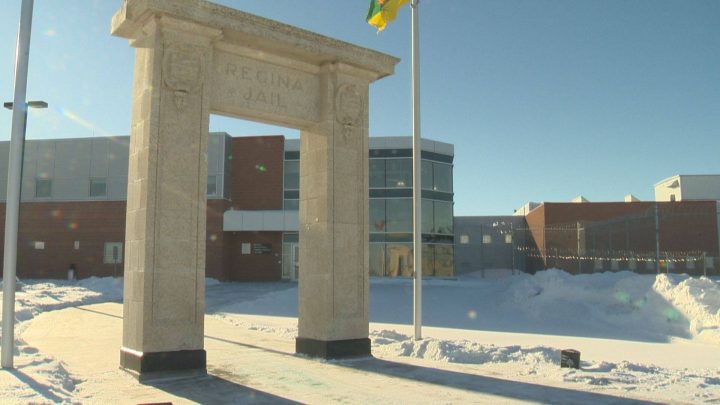The Coroner’s six-member jury appointed to Waylon Starr’s death inquest has put forth six official recommendations for the Regina Provincial Correctional Centre.

Starr, of Star Blanket Cree Nation, was found unresponsive in his cell at the Regina Correctional Centre on August 24, 2017. Medical staff performed CPR on Starr, before pronouncing him dead, according to officials.
He was pronounced dead at 11:23 p.m. that night.
According to the inquest’s findings, Starr died by hanging himself. The medical term used in the report was “asphyxiation by hanging.” He was 27 when he died.
The inquest’s proceedings occurred from July 22 to 25, and were conducted to determine the cause of his death. The inquest involved the jury, Starr’s family, and the inquest coroner.
Corrections and Policing issued a statement saying their “thoughts are with the family and friends of Mr. Starr in light of their tragic loss,” and they are “committed to reviewing the recommendations made by the inquest jury” to prevent deaths like Starr’s in the future.
The first recommendation is for the correctional centre to “provide access to Elders in a timely manner,” and all forms of services including “initial health assessment and suicide prevention screening would have an option for the inmate to see an Elder in the checklist.”
The inmates would also be able to access spiritual support at every medical visit.
WATCH: (July 12, 2019) First Pikangikum evacuees reach Regina, more to arrive this weekend

“Top level” suicide prevention training “is to be mandatory,” according to the inquest. The rules surrounding that would be similar to CPR training and be required for recertification every three years.
The jury is calling for a review on cultural awareness training that will be assessed by Indigenous experts, and have “regular mandatory recertification”. Body language and social interaction awareness would be included in that training.
The jury suggested there be shift change briefing that would be logged at every shift crossover. It also pushed for an increase in night shift staff, if necessary, and a review to determine if more staff are necessary at certain times of day.
An investigation into allowing inmates to have short-term or limited cell privacy is also suggested, and the jury wants a policy in place to ensure “one standard is enforced.”
The ministry conducts an investigation whenever a death occurs in one of its facilities to determine how the death occurred and what changes can be made to prevent another.


Comments